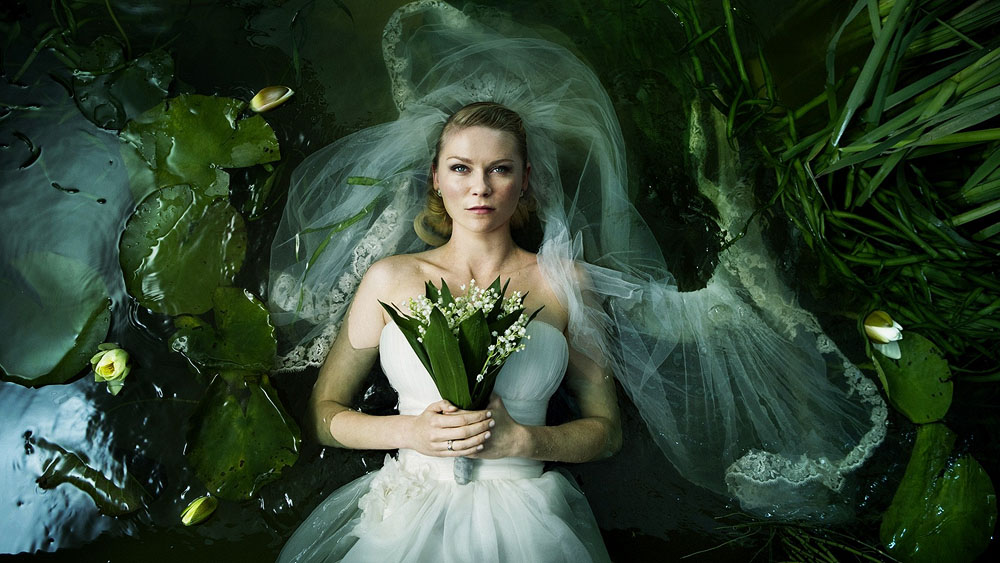Melancholia’ Artfully Mixes Pain and Wonder
(This article orginally appeared on Yahoo! Contributor Network 11/9/11.)
The only thing more complex than watching Lars von Trier’s “Melancholia” is reviewing it. I sat down to write this review with absolutely no idea what to say, or even what I felt after this movie, but this is what I can tell you. “Melancholia” is not the kind of movie you go see for mindless action. Or horror. Or humor. Or suspense.
Honestly, I don’t know what on earth you go to this movie for. In fact, the genres cited seem somewhat trivial to something so multi-layered and weighty. Which, I think, might sort of be its point: the triviality of, well, everything.
Love It or Hate It
I glanced over some reviews before watching this film, noting the divisive “love it or hate it” nature from reviewers. Some negative comments may be related to von Trier’s crazy Cannes comments about Nazism, which I am so not getting into. Some probably just don’t understand it. But for those who do (or think they do), this kind of commentary on the pointlessness of everything we cherish — marriage, family, career, wealth — makes folks mighty uncomfortable. The last time I felt this kind of heaviness was watching “Revolutionary Road,” where Leonardio DiCaprio and Kate Winslet find their own version of domestic hell packaged as the American dream.
After some surreal imagery to open the film, “Melancholia” starts with what should be Justine’s ( Kirsten Dunst ) fairytale wedding and the happiest day of her life. But slowly and steadily, it all starts spiraling down the drain before our eyes. Many critics have complained about how slow the movie is, and it certainly is. But the snail-paced way von Trier eases us into the relentless destruction of everything in Justine’s life is beautifully subtle and real — which is what makes it heartbreaking.
Dunst Shines in Unconventional Role
Dunst gives an amazing performance, evoking a character who knows that all these great things — a handsome husband (Alexander Skarsgard), a beautiful wedding, a job promotion bestowed on her at the reception, all the wealth and luxury surrounding her — should bring her joy. And she seems to really be happy — at first. But you can see it in Justine’s eyes when she not only realizes none of this will make her happy but, indeed, nothing ever will.
So she proceeds to burn all bridges to any hope of a “normal” life and resigns herself to her hopelessness, to the point where she is unaffected by even the planet heading for Earth that will end mankind. When her sister Claire (Charlotte Gainsbourg) asks Justine if she doesn’t believe there might be some other life beyond Earth, Justine deadpans her answer, “I know we’re alone.” And her words carry the weight of the true depression Dunst so convincingly portrays — not emo, melodramatic posturing, but that flat, expressionless weight of the real thing.
Or at least that’s what I saw in Dunst’s performance, which earned her the Best Actress Award at the Cannes Film Festival. The sad truth is, one probably has to have — or, at least, have had — a little melancholia to understand “Melancholia.” It doesn’t draw tears, or make you laugh, or make you embrace life. It leaves you feeling sort of numb and empty — and alone. Yet it isn’t pure misery. As the characters watch that huge globe creeping up on Earth, it mixes a sense of wonder with the pain. And perhaps a peaceful resignation to the fate that eventually waits for all of us.
And I suspect that’s exactly what von Trier was going for.

